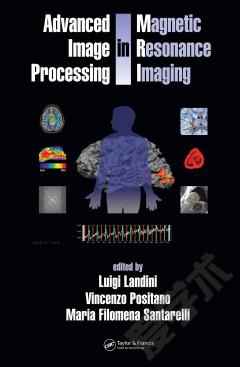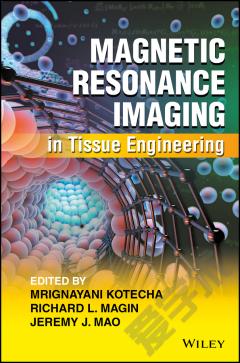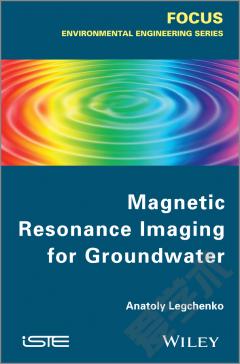Magnetic Resonance Imaging in Stroke
Magnetic resonance imaging provides non-invasive information about the brain's blood flow, water movement and biochemical abnormalities following stroke, and advances in magnetic resonance imaging (MRI) are transforming the investigation and treatment of cerebrovascular disease. Echoplanar techniques with diffusion and perfusion weighted imaging, together with developments in magnetic resonance spectroscopy and angiography, are replacing CT scanning as the diagnostic modality of choice. In this profusely illustrated book world leaders in these technologies review the scientific basis and clinical applications of MRI in stroke. It will appeal to a broad readership including stroke physicians, neurologists, neurosurgeons, rehabilitation specialists, and others with a clinical or research interest in cerebrovascular disease.
{{comment.content}}








 京公网安备 11010802027623号
京公网安备 11010802027623号